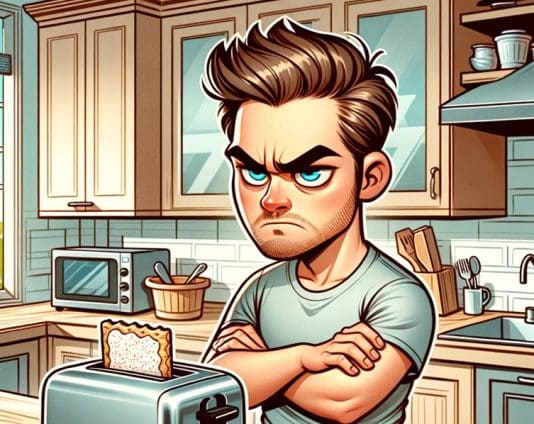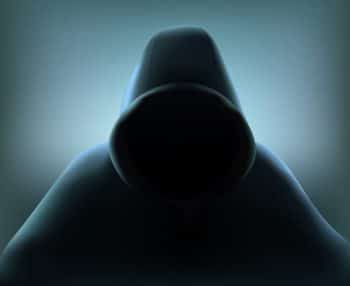Home » US business news » Man sued Kellogg’s for Pop Tarts being unhealthy
Man sued Kellogg’s for Pop Tarts being unhealthy
https://www.whatjobs.com/news/usa/us-business-news/the-man-who-sued-kelloggs-for-pop-tarts-for-being-unhealthy

By Hugh Fort in US business news, posted January 25, 2024

It's often said that breakfast is the most important meal of the day.
However, it's not always the healthiest.
For example, the traditional English breakfast is a massive plate of fried food.
READ MORE: THE $5 MILLION MCDONALD'S LAWSUIT LAUNCHED OVER SLICES OF CHEESE
And there are many sugary breakfast cereals available that are definitely not a great start to the day.
For example, Trix has 12 grams of sugar in a 39-gram serving (and contains artificial colors linked to hyperactivity that are banned in the UK).
The worst of all are Honey Smacks, which have 18 grams of sugar in the recommended 36-gram serving.
Away from cereal, a popular breakfast is Pop Tarts.
Pastry with a fruit filling (which gets unbelievably hot) is a quick start to the day.
Looking to boost your online brand? Create your FREE business profile at WhatBiz? Here
But most people know Pop Tarts not massively healthy.
However, one man decided to take on the food production giant Kellogg's over this.
The man from New York decided the matter needed to be taken up in court.
The Man Who Sued Himself And Two Other Ridiculous Lawsuits
He contended the company had exaggerated the number of fresh strawberries in its Frosted Strawberry Pop Tarts.
The case was heard in April this year and was, unsurprisingly, thrown out.
US District Judge Andrew Carter said reasonable shoppers would not expect strawberries to be the main ingredient in a "pre-packaged, processed sugary treat called Frosted Strawberry Pop-Tarts."
He said the box described the flavor of the product, instead of the source of that flavor.
He added the man could have looked at the ingredients on the packet if he wanted more information.
Need Career Advice? Get employment skills advice at all levels of your career
He added: "A reasonable consumer is unlikely to purchase a toaster pastry coated in frosting exclusively for the nutritional value of strawberries in its fruit filling.
Another lawsuit against Pop Tarts was also thrown out in March, which claimed Kellogg's couldn't guarantee how many strawberries it used in its unfrosted Strawberry Pop Tarts.
The case claimed the product was "misleading because they give people the impression the fruit filling contains a greater relative and absolute amount of strawberries than it does."
The claimant wanted at least $5 million from the company.
The case was thrown out in April, with judge Andrew L. Carter Jr saying the product's information on its strawberry content "are simply not deceptive."
Follow us on X, LinkedIn, and Facebook













